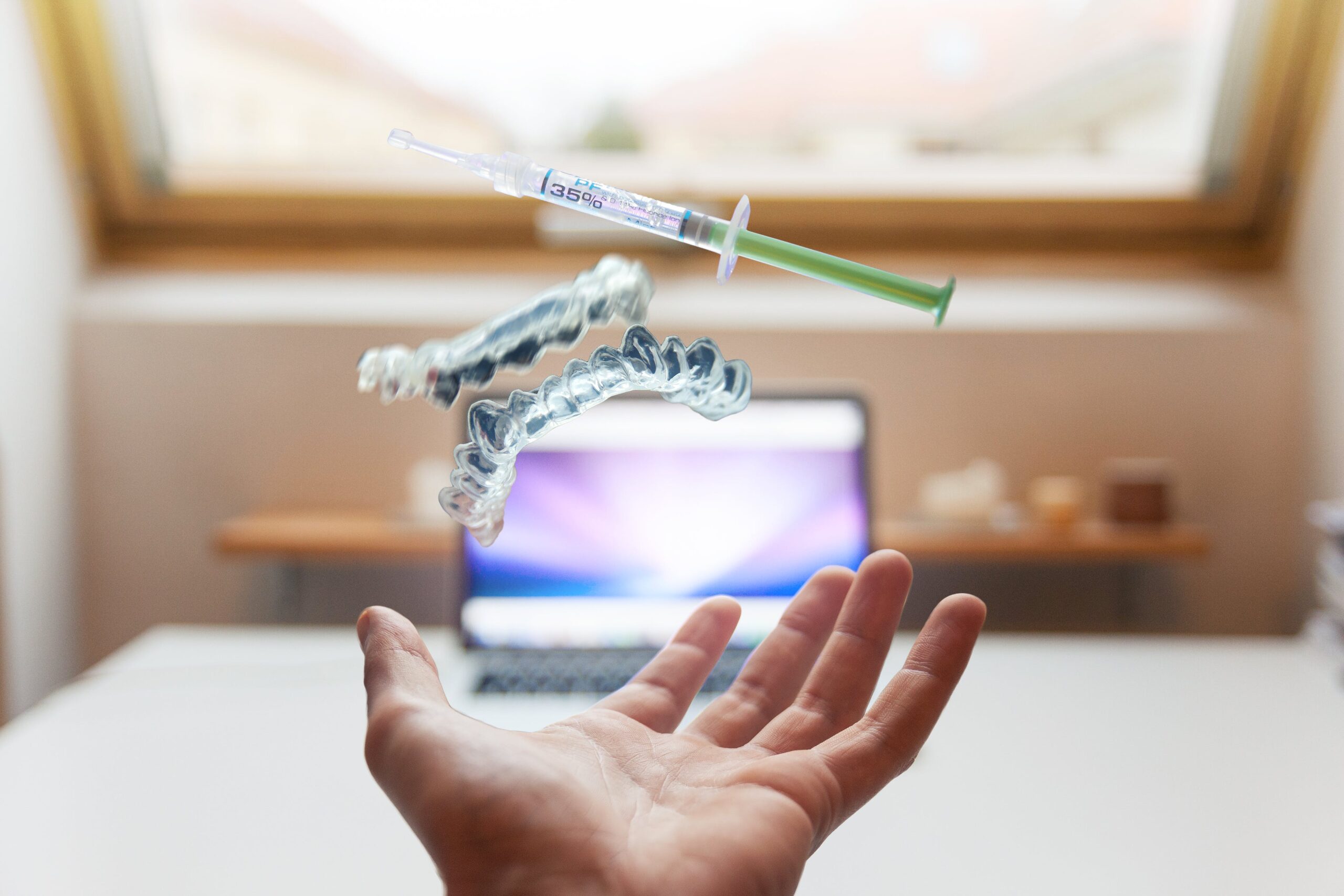whatLooking for ways to gain medical work experience? Then you should know more about the two main types: in-person and online! These two types are both great and can benefit you in different ways. No matter, if you’re planning to take up medicine, become a nurse or get into anything in the healthcare industry, choosing traditional or virtual, can help you get medical work experience efficiently.
If you’re wondering which one is better, well it depends on your preference and needs. But to help you know which of the two will suit you best, below are some things you need to know about them:
What is online medical work experience?
This is a new way to gain experience in the medical field through virtual means. Medical online work experience tasks will look different compared to traditional ones since all assigned projects take place online. So, you won’t require physical presence to obtain insight into the medical profession.
Students, future medical professionals, or anybody thinking about changing careers and not having access to traditional in-person clinical experiences are most likely to benefit from this kind of virtual work experience.
What are examples of medical online work experience?
To give you an idea of medical online work experience, here is a list of some to consider:
- Telemedicine Internships – Engaging in volunteer work or remote internships with telemedicine companies or healthcare organisations that provide virtual patient consultations. This makes it possible for people to learn about patient communication techniques, telehealth technologies and remote healthcare delivery.
- Virtual shadowing – Watching videos that have been filmed or live-streamed of medical operations by medical experts in a variety of medical settings. Participants can learn about the daily duties of various healthcare positions and specialties by participating in virtual shadowing.
- Virtual patient simulations – Using interactive web platforms or software to take part in virtual patient simulations or case studies. Through these simulations, users may hone their clinical judgement, patient evaluation, and diagnostic reasoning skills in a safe online setting.
- Online medical courses and workshops – Enrolling in online medical classes, webinars, or seminars is also one to consider. These courses will cover subjects including anatomy and physiology, medical ethics, medical terminology, or particular medical specialisations. The basic information and abilities offered by these online learning options are pertinent to professions in healthcare.
- Medical online volunteering – Volunteering virtually for medical charities, health advocacy groups, or nonprofit healthcare organisations is another great option. This is done by providing time and talent for projects like internet fundraising, health education campaigns, or remote administrative help.
What are the pros and cons of medical work experience?
To help you come up with a decision, whether to go for a virtual medical experience or not, weighing out the benefits and disadvantages is a good way to consider! So without further ado, here are the pros and cons of online medicine work experience:
Know what are the pros of online medical experience?
- It’s accessible and convenient – One of the main reasons this becomes a top choice for students is because it’s accessible and convenient for them. This allows people to participate in diverse locations making it a pretty attractive choice for people looking for convenience or people who live far from medical institutions.
- Cost-efficient – Since online medicine work experience eliminates the need to travel daily, that means you don’t spend on commuting fees or gas, no need to buy snacks and meals and refrains you from unnecessary expenditures.
- It provides diverse opportunities – The virtual option can provide an array of opportunities for learning about many aspects of medicine. A variety of modules catered to your interests are available for selection. You may learn about a variety of healthcare specialties and fields thanks to this diversity.
- Adapt to modern healthcare – Virtual experiences provide you with vital digital skills in an age where technology and telemedicine are critical to healthcare. With this information, you may present yourself as a medical practitioner who is prepared to accept the technological developments that are reshaping the field of medicine.
What are the cons of online medical work experience?
- Greater chance for isolation – Virtually working might make you feel alone since you’re interacting with screens instead of real people. In a virtual context, forming personal relationships with peers and healthcare professionals might be more difficult.
- Lack of physical presence – Even while it might offer useful information, simulations and online tools could not accurately capture the dynamics of a healthcare centre in real life. Your exposure to specific facets of the medical field may be restricted by this lack of a physical setting.
What is in-person medical work experience?
This option involves physically attending, learning and gaining exposure to the medical field in a healthcare setting. So this means you get to interact with medical professionals and patients face-on. Settings for in-person medical work are clinics, hospitals, medical offices and many more others within the healthcare facility sector.
This is ideal for individuals who want to learn and hone skills efficiently through face-to-face interactions, real-world situations and hands-on procedures.
What are examples of in-person medical work experience?
To give you a gist of in-person medical work experiences to consider, here is a rundown:
- Clinical shadowing – This is done by observing medical professionals—nurses, doctors, and other clinicians—while they treat patients in different medical specialties. During their usual work shifts, participants shadow healthcare personnel, seeing patient consultations, exams, procedures, and treatments.
- Taking Internships or Externships – Taking part in organised externship or internship programmes provided by academic institutions, medical schools, or healthcare organisations. Through hands-on training in clinical settings under the guidance of seasoned healthcare professionals, these programmes help participants build their clinical abilities, participate in caring for patients and gain knowledge of a range of medical specialities.
- Volunteering work – Volunteering to help with non-medical duties, support patients and their families, or support healthcare initiatives like health screenings, immunisation clinics, or health education programmes at hospitals, clinics, nursing homes, or community health centres.
- Clinical rotations – Completing clinical rotations is a common requirement for medical education or training, such as nursing school or medical school. Students go through several clinical departments or specialties during their clinical rotations. They actively participate in patient care while being supervised by attending doctors and preceptors.
- Medical scribing – As a medical scribe, you will collaborate with doctors or other healthcare professionals to accurately record patient interactions, medical histories, and treatment plans while on clinical visits. Exposure to patient care processes, medical terminology, and documentation procedures is beneficial while working in medical transcription.
What are the pros and cons of in-person medical work experience?
To know if this type of medical work experience is for you or not, here are some of its pros and cons to help you decide:
What are the pros of in-person medical work experience?
- Hands-on learning – The hands-on learning opportunities provided by traditional medical job experience are its greatest benefit. You may get up close and personal with medical treatments, interactions with patients, and healthcare operations when you are present in person in a medical environment.
- Direct patient interaction – Gives chances for face-to-face communication with patients. You may watch how medical professionals interact with patients, ascertain their requirements, and administer treatment. You get vital interpersonal and communication skills from this first-hand experience that are important in the medical industry.
- Create connections – Since you’re simply just starting your career in the medical field, having connections can greatly help you through your journey. In-person experience gives you the chance to create connections that’ll come in handy in the future!
What are the cons of in-person medical work experience?
- Not very time and cost-efficient – You might have to make the time-consuming and expensive trip to a healthcare centre to take part in a standard medical work experience. It could also mean modifying your plans to fit the facility’s opening and closing times, which would reduce its flexibility for those with conflicting obligations.




